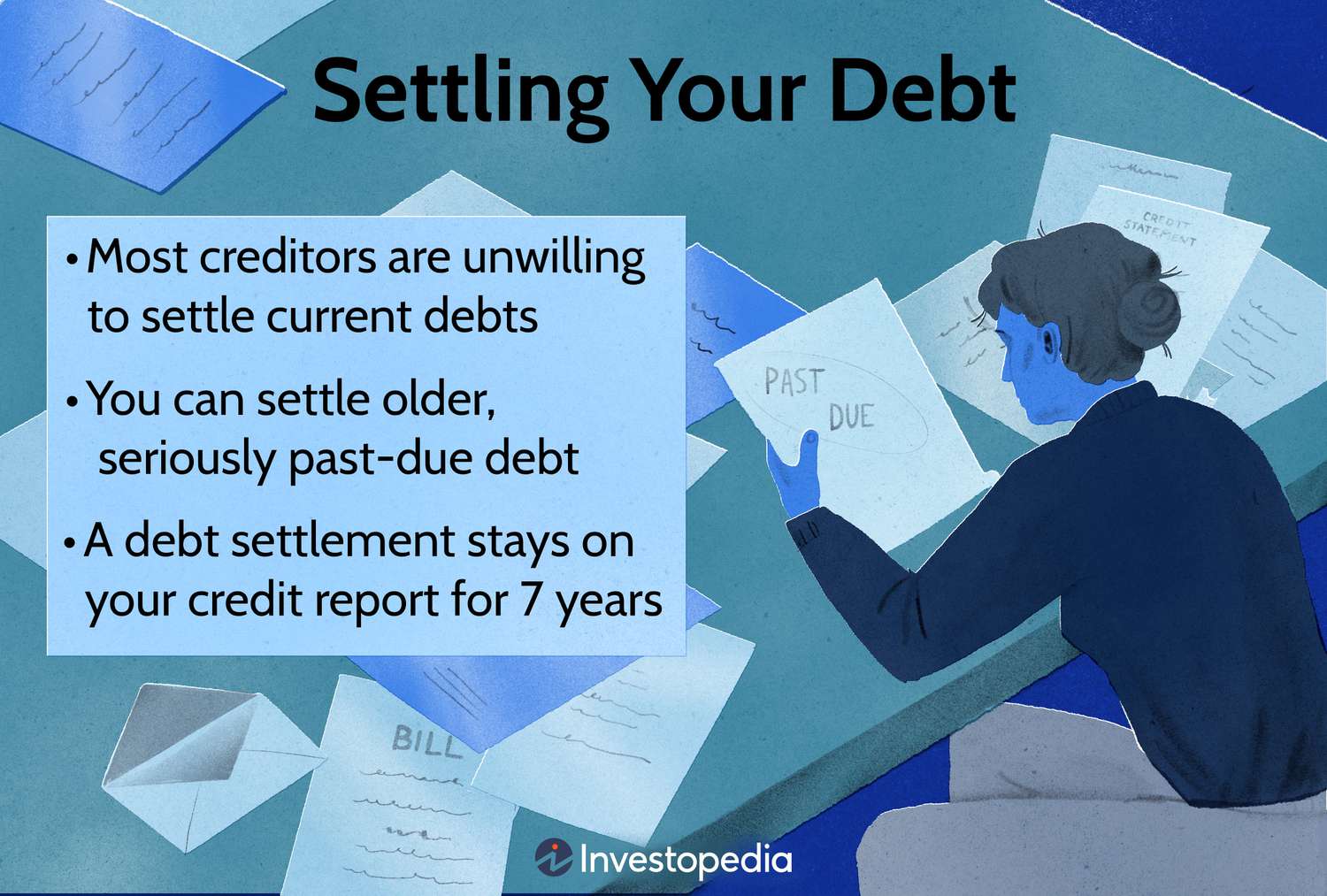Debt relief is a way to help people who owe a lot of money. It can be helpful, but it also has some negative impacts. In this article, we will explore these negative impacts.
Table of Contents
What is Debt Relief?
Debt relief means reducing or forgiving the debt someone owes. It can be done by lowering the interest rate or the amount owed. It can also mean giving more time to pay back the debt.

Credit: www.transunion.com
Types of Debt Relief
- Debt Settlement: This means paying less than what you owe.
- Debt Consolidation: This means combining all your debts into one loan.
- Bankruptcy: This means legally saying you cannot pay your debts.
Negative Impacts on Personal Finances
1. Lower Credit Score
Debt relief can hurt your credit score. A lower credit score means it is harder to borrow money in the future.
2. Additional Fees
Debt relief programs may charge extra fees. These fees can add up and make your debt even bigger.
3. Tax Consequences
Sometimes, forgiven debt is considered income. This means you might have to pay taxes on the forgiven amount.
4. Limited Access To Credit
After using debt relief, you might find it hard to get new loans. Lenders may see you as a risky borrower.
5. Continued Financial Struggles
Debt relief does not teach better money habits. Without learning these habits, you might get into debt again.
Negative Impacts on the Economy
1. Reduced Lending
When people use debt relief, lenders lose money. This can make lenders less willing to give out new loans.
2. Higher Interest Rates
To make up for losses, lenders might raise interest rates. This makes borrowing more expensive for everyone.
3. Moral Hazard
Debt relief can encourage risky behavior. If people think their debts will be forgiven, they might borrow more carelessly.
4. Impact On Financial Institutions
Debt relief can hurt banks and other financial institutions. If they lose too much money, it can cause problems for the whole economy.
Long-Term Consequences
1. Loss Of Assets
Sometimes, debt relief requires you to sell assets. This can mean losing your home or car.
2. Emotional Stress
Dealing with debt and debt relief can be very stressful. This stress can affect your mental health.
3. Relationships
Money problems can strain relationships. Debt relief can cause arguments with family and friends.
4. Career Impact
Some employers check credit scores. A low credit score can hurt your chances of getting a job.
Alternatives to Debt Relief
1. Budgeting
Creating a budget can help you manage your money better. It can help you avoid getting into debt.
2. Financial Counseling
A financial counselor can give you advice. They can help you make a plan to pay off your debt.
3. Savings
Building up savings can help you avoid debt. Even a small emergency fund can make a big difference.
4. Debt Management Plan
A debt management plan can help you pay off your debt. It involves making regular payments over time.
Frequently Asked Questions
What Are The Risks Of Debt Relief?
Debt relief can damage credit scores and future borrowing capacity.
Can Debt Relief Lead To More Debt?
Yes, improper debt management post-relief can result in accumulating new debt.
Is Debt Relief Expensive?
Debt relief programs often come with high fees and hidden costs.
Does Debt Relief Affect Your Credit Score?
Debt relief can significantly lower your credit score.
Conclusion
Debt relief can provide temporary help. But it also has many negative impacts. It can hurt your credit score, add fees, and cause tax issues. It can also impact the economy by reducing lending and raising interest rates. Before choosing debt relief, consider other options like budgeting and financial counseling.
:max_bytes(150000):strip_icc()/how-will-debt-settlement-affect-my-credit-score-960540_V3-4a211a80452d4879a8240457b9f0e584.png)
Credit: www.thebalancemoney.com
Frequently Asked Questions (FAQ)
| Question | Answer |
|---|---|
| What is debt relief? | Debt relief means reducing or forgiving the debt someone owes. |
| How can debt relief hurt my credit score? | Debt relief can be reported to credit agencies, lowering your score. |
| Are there fees with debt relief programs? | Yes, many programs charge extra fees that can add up. |
| Can debt relief affect my taxes? | Yes, forgiven debt is sometimes considered income and taxed. |
| What are alternatives to debt relief? | Alternatives include budgeting, financial counseling, and savings. |
